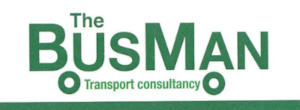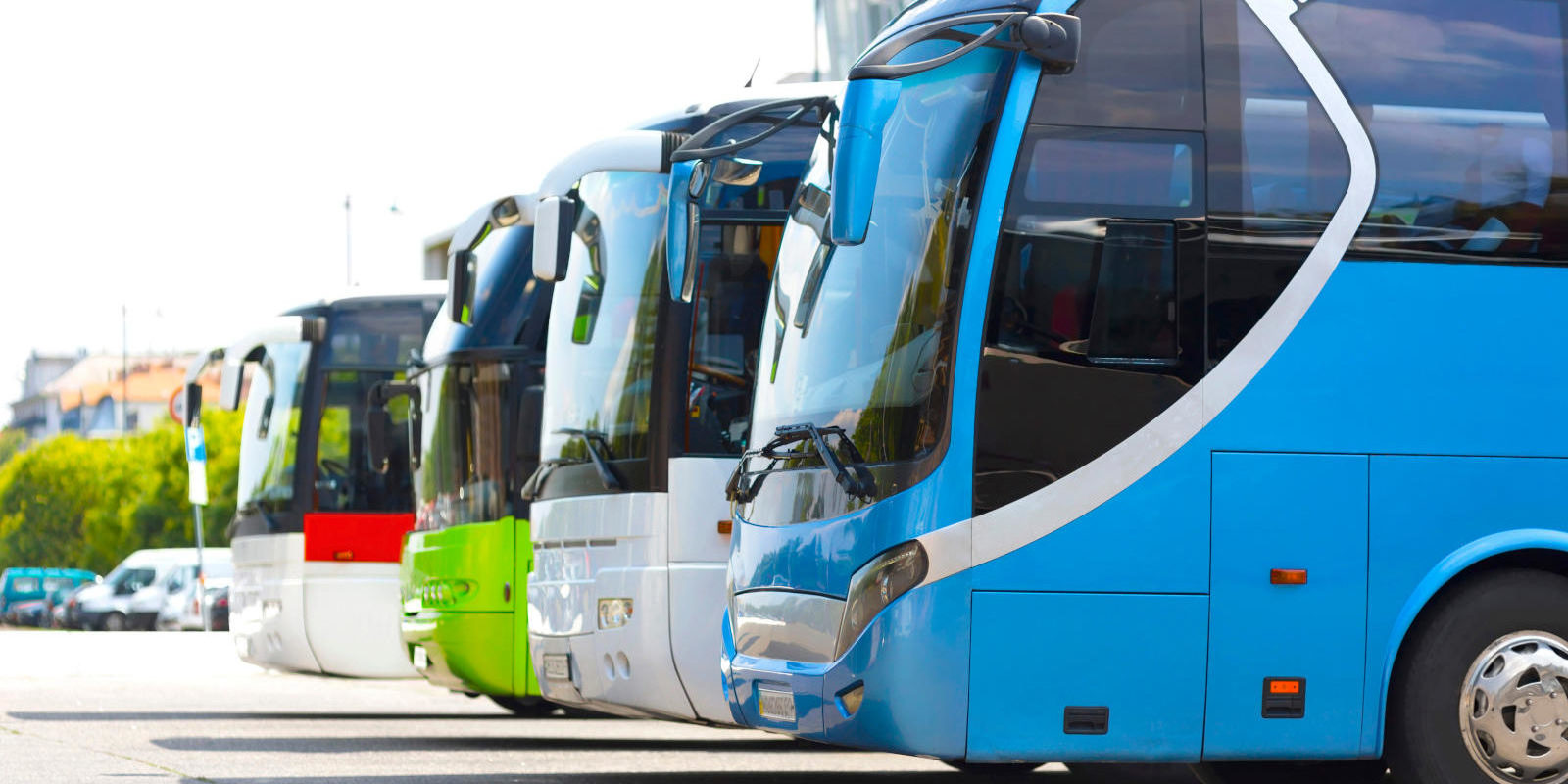Back in my university days I recall having a conversation with my old friend David Armstrong. We were both looking forward to a career in the bus industry but David had serious concerns about whether the bus industry would survive until our retirements. He could see buses only appealing to those who had no alternative and with car ownership steadily growing and the 1970’s road building extravaganza in full flow it was unlikely that this declining group of people would sustain an industry for another 40 years.
Well, our negativity wasn’t justified – David enjoys a well deserved retirement after a distinguished career and I am now in a position to choose the work I want to do having worked for PTEs, Council and family owned bus companies and local authority public transport teams.
But the question we asked in 1974 remains. Are bus services just for people who have no choice – children and students, the elderly who can no longer drive and the less well off who can’t afford a car? Whether she actually said it or not, many would agree with Mrs Thatcher’s assertion that the definition of failure is a man in his forties travelling by bus. I can recall occasions when colleagues have pleaded with me to let them give me a lift home when I have said I intend to travel home on the bus.
Having spent forty years trying to persuade people to travel by bus (and trying to set an example by doing so myself) I am still amazed at the number of senior bus company managers who would never consider using the services they provide to commute to work. Are they saying by their actions – these services are not really worth using if you can afford the alternative? I wonder if Directors of Tesco do their shopping in Waitrose?
When Sir Terry Leahy ran Tescos he frequently said that one of the keys to his success was that he spent 40% of his time literally on the shop floor listening to customers and staff. Is there a lesson there for bus company managers?
But is the bus only for those who have no choice? What is the value of the bus?
While I was Chair if the Association of Transport Co-ordinating Officers, I was involved in some excellent work done for Greener Journeys which demonstrates the importance of the bus for the whole community. Their research shows that buses are the main mode of travel to city centres and are used even more than cars for this purpose. Bus users account for 29% of spending in cities. In the UK 3.5m people travel to work by bus and bus users create more than £64b worth of goods and services. The research made a definitive link between increased investment in bus services and a significant improvement in health, education and life choices. So should the bus really be the option of last resort?
John Prescott (remember him?) proclaimed that his aim was to turn the bus from a cart horse into a thoroughbred. Sadly he was never given the political freedom to fulfil his wish, but the bus could still deliver its potential. Perhaps the first step would be for those who make their living out of the bus, and those who make decisions about transport locally and nationally, to leave their personal thoroughbreds in the stable and saddle up the cart horse.






